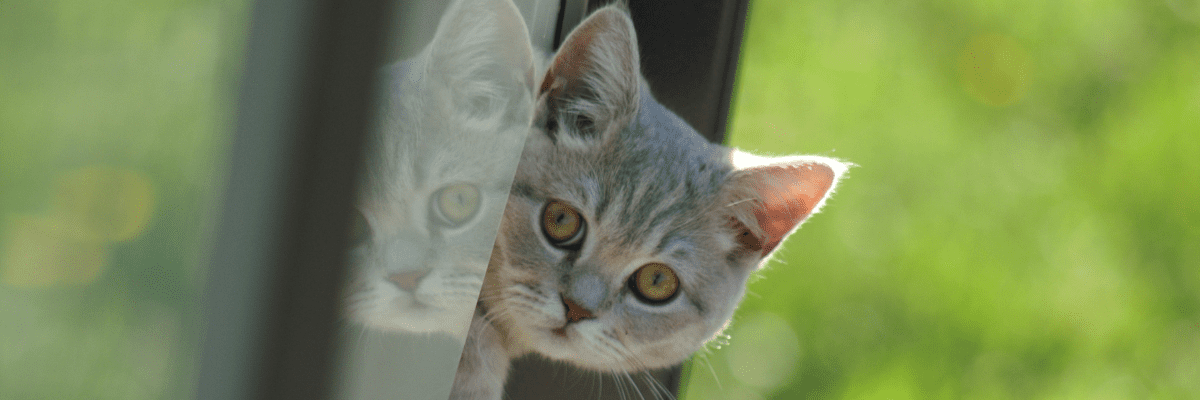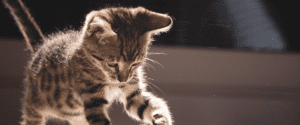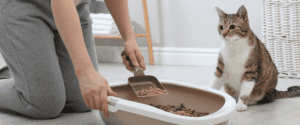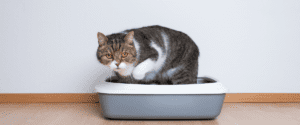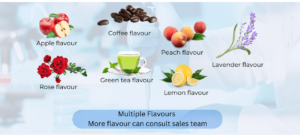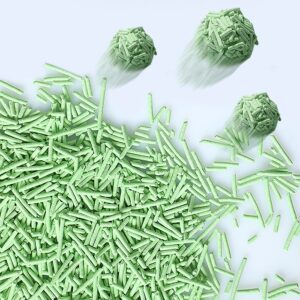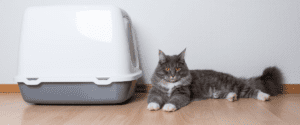Cats are wonderful companions, but one thing many pet owners dread is dealing with their litter box. But what if there were a way to make this chore much easier? Plant cat litter is the answer. Plant cat litter is a clean, natural and long-lasting alternative to traditional cat litter.
In this guide, we’ll take a look at plant cat litter and explore its various types, how to choose the right kind and how to maintain and dispose of it. After reading this expert guide, you’ll have all the information you need to confidently switch to plant cat litter.
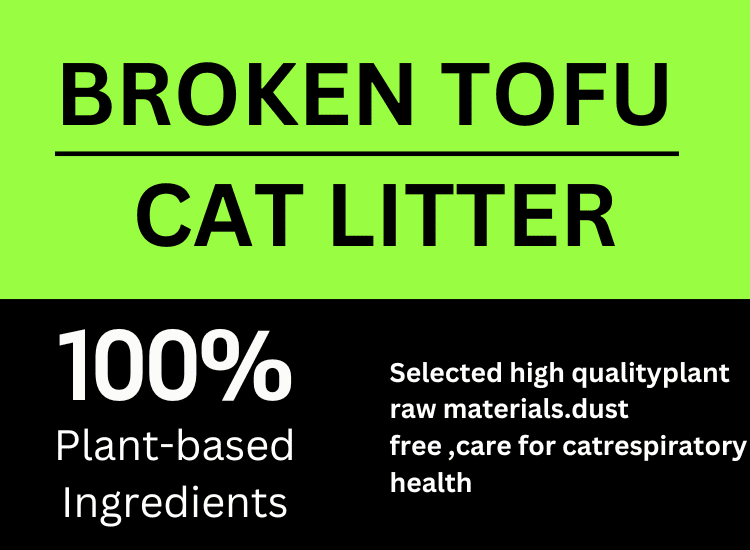
I. Introduction
A. Definition of Plant Cat Litter
Plant cat litter is a type of litter made from plant-based materials, such as corn, wheat, and wood. Unlike traditional clumping or non-clumping cat litter, which are typically made from bentonite clay, quartz, or recycled paper, plant cat litter is biodegradable, non-toxic, and more eco-friendly. It’s also longer-lasting compared to traditional litter, and can help reduce bad odors.
B. Benefits of Plant Cat Litter
Plant cat litter offers a variety of benefits. It’s easy to scoop, reduces odors, and helps keep your cat’s litter box cleaner and healthier. It even helps reduce the amount of dust in your home, since there’s no need to add additional litter as often. Plant cat litter is also more natural, since it’s made from plant-based materials rather than synthetic substances. Lastly, it’s much more eco-friendly compared to traditional clay or quartz-based litter, since it’s biodegradable and non-toxic.
II. Types of Plant Cat Litter
A. Corn-based
Corn-based plant cat litters are the most common type. They are made from dried corn cobs that have been ground into a fine powder. Corn-based plant cat litters are highly absorbent and have good odor-control properties. They are also dust-free and are available in a variety of scents to mask bad smells.
B. Wheat-based
Wheat-based plant cat litters are made from dried wheat husks that have been ground into a fine powder. They are highly absorbent and have good odor-control properties. They are also dust-free, but they may be slightly more expensive than corn-based litters.
C. Wood-based
Wood-based plant cat litters are made from ground pine or cedar chips. These litters are very absorbent and have great odor control properties. However, wood-based litters tend to be more expensive than other types of plant cat litter.
III. Choosing Plant Cat Litter
Choosing the right plant cat litter for your pet can be a difficult decision. Here are some tips to help you find the best litter for your cat.
A. Consider the Climate
If your home has a dry climate, you may want to choose a litter that is more absorbent. Corn-based litters and wood-based litters are generally more absorbent and better at controlling odors compared to wheat-based litters.
B. Consider the Odor
You should also consider the odor of the litter. Corn-based litters and wood-based litters generally have better odor-control properties, while wheat-based litters may not be as effective at reducing Cat Litter
Choosing the right plant cat litter for your pet can be a difficult decision. Here are some tips to help you find the best litter for your cat.
A. Consider the Climate
If your home has a dry climate, you may want to choose a litter that is more absorbent. Corn-based litters and wood-based litters are generally more absorbent and better at controlling odors compared to wheat-based litters.
B. Consider the Odor
You should also consider the odor of the litter. Corn-based litters and wood-based litters generally have better odor-control properties, while wheat-based litters may not be as effective at reducing the litter box at least once a day and remove any clumps that have formed. This will help keep the litter box clean and reduce bad odors.
B. Refilling
You should also be sure to refill the litter box regularly, depending on the type of litter you’re using. Corn-based and wheat-based litters generally need to be refilled more often than wood-based litters.
C. Disposing
When it’s time to dispose of your plant cat litter, you can do so in a variety of ways. Some litters can be composted or used in the garden, while others can be disposed of in the regular trash.
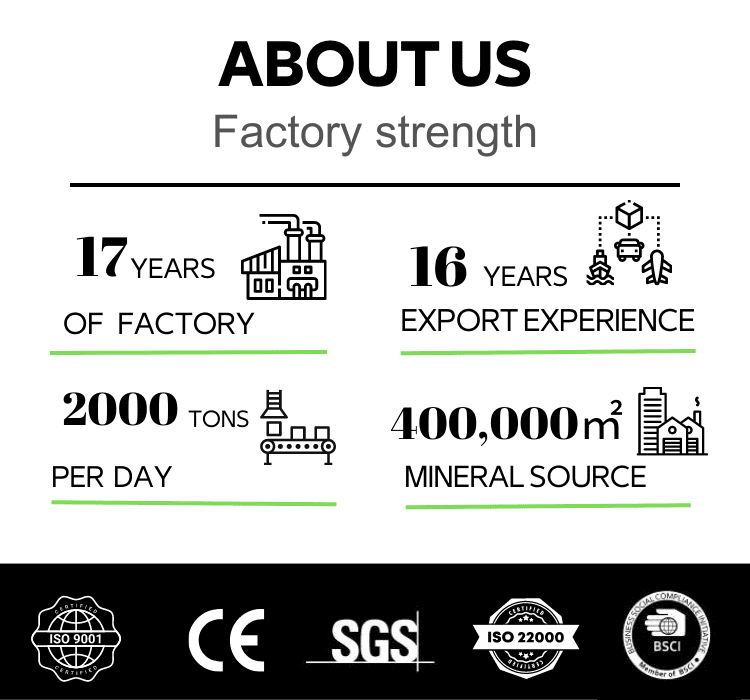
V. Conclusion
A. Recap of Benefits
In conclusion, plant cat litter is a great alternative to traditional cat litter. It’s easy to scoop, helps reduce odors, and keeps your cat’s litter box cleaner and healthier. It’s also more natural, eco-friendly, and longer-lasting compared to traditional clay or quartz-based litters.
B. Final Thoughts
Switching to plant cat litter is an easy way to make your life easier as a pet owner. Just be sure to choose the right type for your climate, consider the odor control properties, and keep up with regular maintenance. With this expert guide, you now have all the information you need to make the switch.
